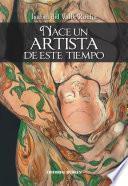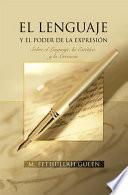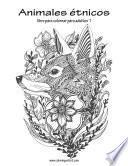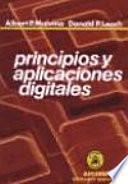El Origen De Los Espacios: Genero, Urbe E Ideologia En Textos Vanguardistas De Latinoamerica
Resumen del Libro

This project investigates the representation of urban spaces by avant-garde writers and poets from Latin America between 1922 and 1941. The tremendous economic, social, and technological changes that occurred during the early 20th century provoked a self-questioning among artists in Latin America as they contemplated their status in society as well as the status of their respective countries within an international context. This questioning automatically implied an approach to space, both literal and metaphorical, that distinguished avant-garde artists from their modernist predecessors and regionalist contemporaries. Many of these artists found themselves re-positioning (if not re-centering) themselves vis a vis the cultural and economic hegemony of Europe. The first half of the dissertation concerns the representation of the feminine in Arqueles Velas El Cafe de Nadie the representation of the city and the place of Marxist ideology in Paltricia Galvaos Industrial Park: A Proletarian Novel, the second half focuses on the configuration of the modern poetic subject in Pablo de Rokhas Los Gemidos and the synthesis of word and image in La ciudad sin nombre by Joaquin Torres-Garcia.









